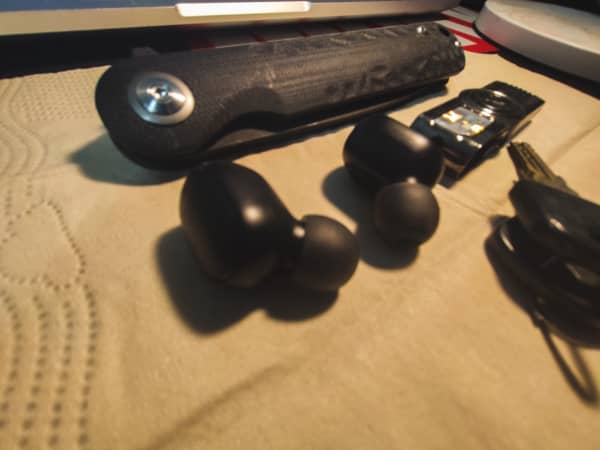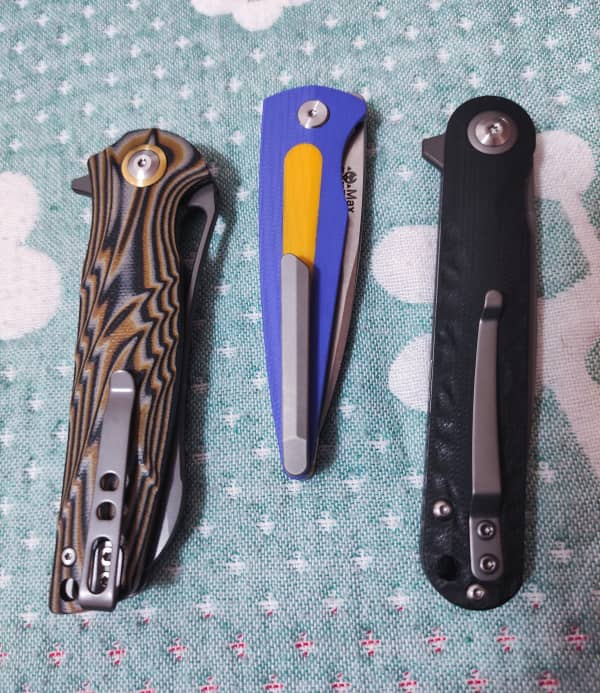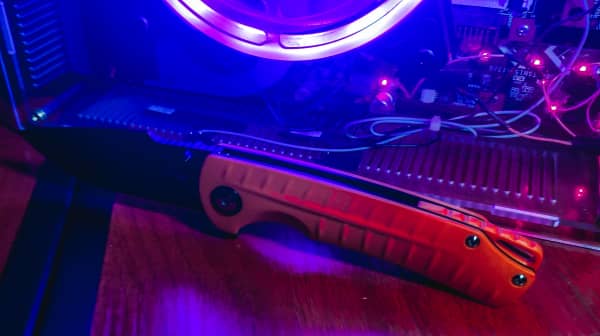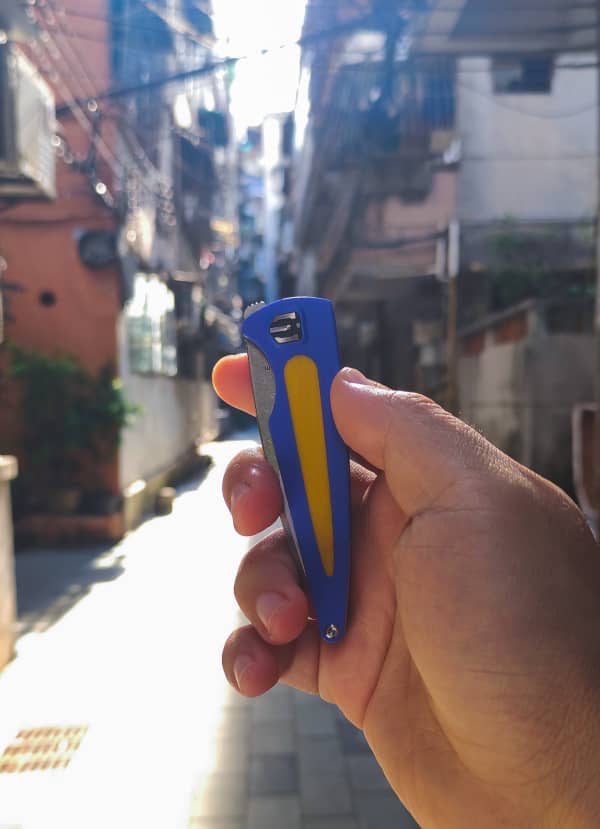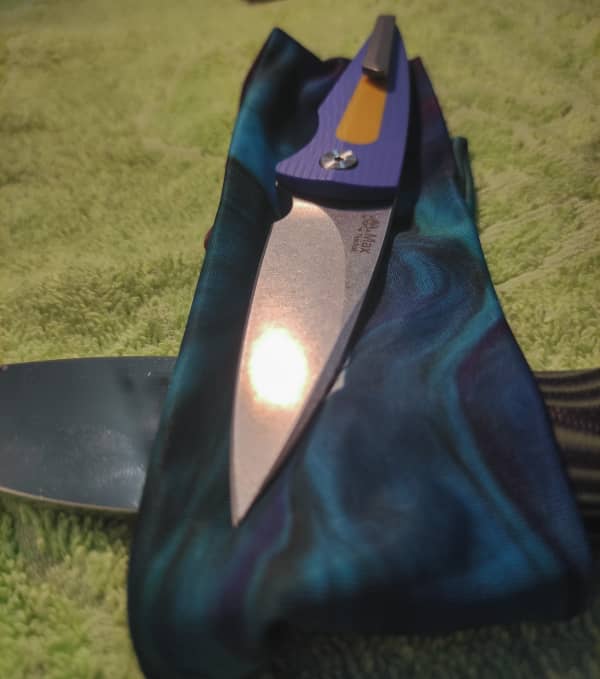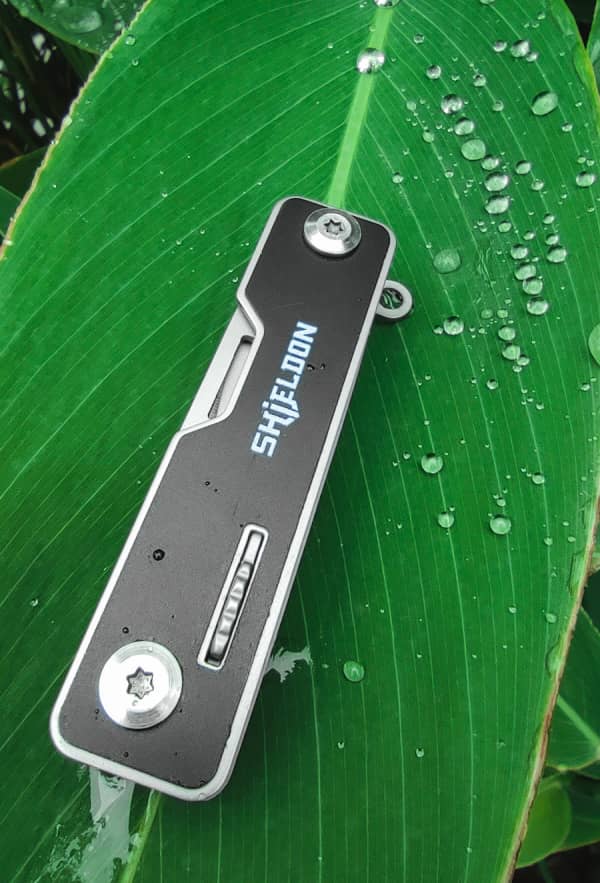If you’re an avid fan of coltelli pieghevoli, you might be wondering about the latest regulations involving carrying EDC (Everyday Carry) folding knives in Southeast Asian countries.
The truth is there are varying regulations and exceptions when it comes to carrying a folding knife, so it’s important to know the rules before traveling or living in Southeast Asia.
In this article, we’ll delve into the practical advice and legal aspects of carrying EDC folding knives in Southeast Asian countries.
Whether you’re a local or a tourist, this guide is a must-read to avoid any legal trouble and to make sure you’re carrying your EDC folding knife rightfully.
Laws and Regulations on EDC Folding Knives in Southeast Asian Countries
When it comes to carrying EDC folding knives in Southeast Asian countries, it’s important to know the laws and regulations to avoid any legal disputes or confiscation. Here are some of the different regulations across the region:
Thailand
In Thailand, it is generally acceptable to carry a small knife, which many men in smaller cities and towns do. However, people’s reactions may vary depending on the size of the knife you have with you. It is important to keep this in mind.
In Thailand, if you carry a weapon without a valid reason, the police can seize it and require you to pay a fine of 100 baht ($2.62) under section 371 of the Criminal Code.
EDC folding knives with a blade shorter than 60 millimeters are generally allowed, but it’s always best to check with local authorities to confirm. It’s worth noting that even if your EDC folding knife is legal in Thailand, it’s still important to be discreet when carrying it.
The sight of a knife can make some locals feel uneasy, and tourists carrying knives can be mistakenly perceived as a threat.
In addition, carrying a knife with a blade longer than 60 millimeters in Thailand can result in a fine or even imprisonment, so it’s important to know the law and follow it accordingly.
Singapore
Singapore is known for its strict laws on carrying knives and other weapons.
The only type of knife that is illegal to own is the spring-assisted knife or flick knife. All other types, regardless of their length or specifications, are legal to own. However, carrying any kind of knife in public without a valid reason is illegal.
Singapore also prohibits the carrying of any type of fixed-blade knife without a valid reason.
This means that hunters, fishermen, and other professionals who require knives for their work must apply for a permit. Even a small pocket knife with a lock mechanism is considered a prohibited weapon in Singapore.
It’s important to note that even if you have a valid reason for carrying a knife, you still need to carry it in a concealed manner and be prepared to justify its possession to any authorities who ask.
The penalties for non-compliance are severe, with fines, imprisonment, or both being possible outcomes. As a result, it’s always best to leave your EDC folding knife at home when traveling to Singapore.
Malaysia
In Malaysia, it is against the law to carry a knife. If you are caught carrying one, you can be arrested and charged under the Corrosive, Explosive, and Dangerous Weapons Act 1958.
The penalty for conviction of this offense can include a jail term of up to two years, as well as whipping. Although some people do carry short knives for self-defense, it is still illegal and risky since they may get caught.
Malaysia has strict regulations on carrying knives in public places. It’s best to keep your EDC folding knife in a safe place or only carry it if you have a valid reason.
So, before carrying your EDC folding knife in Malaysia, you should familiarize yourself with the specific laws and regulations in the region to avoid getting into trouble.
Indonesia
In Indonesia, the possession and carrying of knives are regulated by Law No. 12/1951 on Firearms and Sharp Weapons (Undang-Undang No. 12 Tahun 1951 tentang Senjata Api dan Senjata Tajam). Here are some key points to consider:
The law does not specify a specific maximum blade length for folding knives. However, it is generally advisable to carry a folding knife with a blade length of less than 10 centimeters (approximately 3.94 inches) to avoid potential legal issues.
In Indonesia, it’s important to be aware of cultural sensitivities and local perceptions regarding weapons. Even if a knife is legal to carry, it’s advisable to exercise discretion and avoid displaying it in a way that may cause concern or alarm to the local population.
Vietnam
According to Vietnamese law, it is illegal to carry or possess any knife with a blade longer than 6 centimeters (approximately 2.36 inches) without a proper justification. This restriction applies to both fixed-blade and folding knives.
To legally carry a folding knife with a blade longer than 6 centimeters, it is crucial to have a valid reason or justification for carrying it. Justifications may include professional or occupational needs, such as for chefs, craftsmen, or individuals involved in specific outdoor activities where a knife is necessary.
Certain locations, such as government buildings, airports, schools, and other public institutions, typically have stricter rules regarding the possession of knives. It’s advisable to avoid carrying knives in these areas altogether, even if the blade length is within legal limits.
Philippines
Carrying bladed, pointed, or blunt weapons like knives, spears, daggers, bolos, and chakos outside of one’s home is illegal unless they are necessary tools for work or being used for a lawful activity.
It is not recommended to carry your EDC folding knife in public places unless you have a valid reason to do so. Otherwise, you may face fines or imprisonment. It’s better to keep your knife in a safe place.
How to Avoid Legal Disputes or Confiscation?
To avoid any legal troubles or confiscation, it’s important to follow these tips:
- Do your research and be aware of the laws and regulations in the country you’re visiting or living in.
- Keep your EDC folding knife in a secure location when not in use, such as in a bag or a pocket with a secure closure.
- Avoid brandishing or showing your EDC folding knife in public, as this can be perceived as threatening.
- If stopped by authorities, remain calm and cooperative, and explain the purpose of your EDC folding knife, such as for personal use or recreation.
- Consider carrying a smaller EDC folding knife with a blade length of 3 inches or less to comply with most regulations in Southeast Asian countries.
By following these guidelines, you can safely and legally carry your EDC folding knife in Southeast Asian countries without any issues.
How to Choose an EDC folding knife that Suits Your Purpose and Personal Style?
When it comes to choosing the right EDC folding knife for your personal needs, there are a few things to consider to ensure you’re making a sound decision. Here are some factors to keep in mind:
1. Blade Material
The type of blade material used in your EDC folding knife can impact its durability and strength. Common materials include stainless steel, high-carbon steel, and Damascus steel.
2. Blade Shape
Consider what tasks you’ll be using your EDC folding knife for and choose a blade shape that suits your needs. Common blade shapes include drop point, tanto, and Wharncliffe.
3. Blade Length
Take into account the local laws and regulations regarding blade length in the countries you’ll be visiting or living in. Most Southeast Asian countries require a blade length of 3 inches or less.
4. Handle Material
The handle material can impact the knife’s overall weight, grip, and durability. Popular handle materials include G10, titanium, and carbon fiber.
5. Locking Mechanism
Choose a locking mechanism that is secure and easy to use to ensure your safety when using the knife.
6. Personal Style
Consider your personal style and aesthetic preferences when selecting an EDC folding knife.
Look for a design that reflects your personality and fits your style.
By considering these factors, you can choose an EDC folding knife that fits both your practical needs and personal style.
Remember, it’s important to always prioritize safety and legality when traveling or living in Southeast Asian countries.
How to Carry and Use Your EDC Folding Knife with Respect
Carrying and using your EDC folding knife with respect is crucial when traveling or living in Southeast Asian countries.
Firstly, ensure that you’re familiar with local regulations and laws.
Secondly, always keep your knife in a secure location when not in use, such as in a bag or a pocket with a secure closure.
When using it, make sure you have a clear purpose and handle it with care.
Be conscious of the blade’s sharpness and safety features, using the locking mechanism when necessary.
Always cut away from your body and avoid using it in a way that can be perceived as threatening.
Lastly, always carry and use your EDC folding knife with the utmost responsibility and respect for the law and the local culture. Remember, staying safe and keeping others safe is a top priority.
How to Maintain Your EDC Knife?
Maintaining your EDC folding knife is crucial for its longevity and functionality. Here are some tips on how to keep your knife in top condition:
- Keep it clean – After every use, wipe the blade and handle of your knife with a clean cloth or towel to remove any dirt or debris.
- Oil the blade – Regularly oil the blade of your knife to prevent rust and corrosion. Use high-quality oil such as mineral oil or gun oil.
- Sharpen the blade – Keep your knife blade sharp for optimal cutting performance. Use a sharpening stone or honing rod to maintain its sharpness.
- Tighten any loose screws – Check for any loose screws in the handle and tighten them as needed to ensure the knife is secure.
- Store it properly – When not in use, store your knife in a dry place such as a knife block, sheath, or a dedicated knife drawer.
By following these maintenance tips, you can ensure that your EDC folding knife is always in optimal condition for any task or situation.
How to Handle Emergency while Carrying EDC Folding Knife?
In the event of an emergency, while carrying your EDC folding knife in Southeast Asia, it’s important to stay calm and follow these steps:
- Securely store your knife – If you have a bag or pocket with a secure closure, store your knife in it immediately. This will prevent any potential altercation from escalating quickly.
- Assess the situation – Take a few moments to assess the situation and gather all relevant information before deciding on a course of action.
- Avoid escalating the conflict – It’s important to remain calm and take measures to de-escalate any potential conflict, such as offering an apology or expressing remorse for any misunderstanding.
Shieldon – Reliable OEM Knife Manufacturer
One reliable option for EDC folding knives is Shieldon, a leading OEM knife manufacturer with a wide range of high-quality knives.
Shieldon has been in the industry for over a decade, producing top-notch knives for various purposes, including tactical, hunting, and everyday carry.
They use high-quality materials for their knives, such as Damascus and stainless steel, carbon fiber, and titanium. They also have a team of skilled craftsmen who ensure that their knives are functional, durable, and visually appealing.
Shieldon is known for its attention to detail, quality control, and customer satisfaction. Whether you’re a collector or a seasoned adventurer, Shieldon has the perfect EDC folding knife to fit your needs.
Clicca per avere più Shieldon coltelli da tasca e strumenti divertenti.

